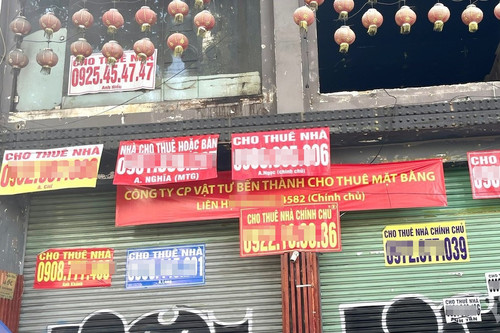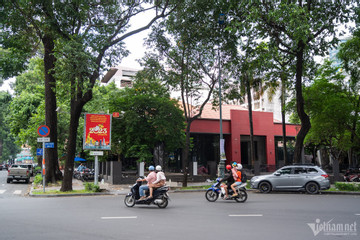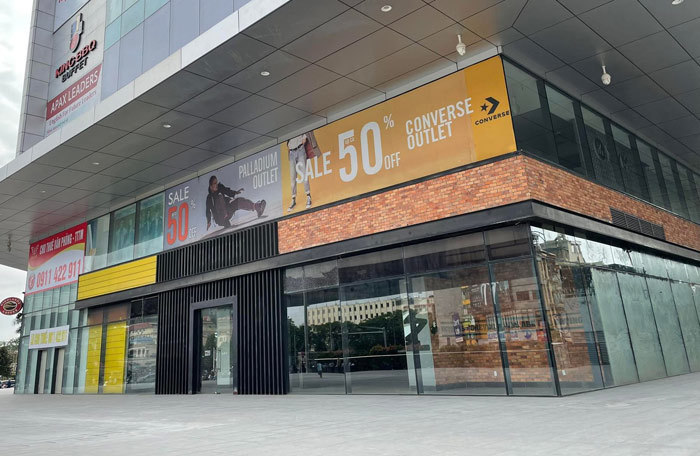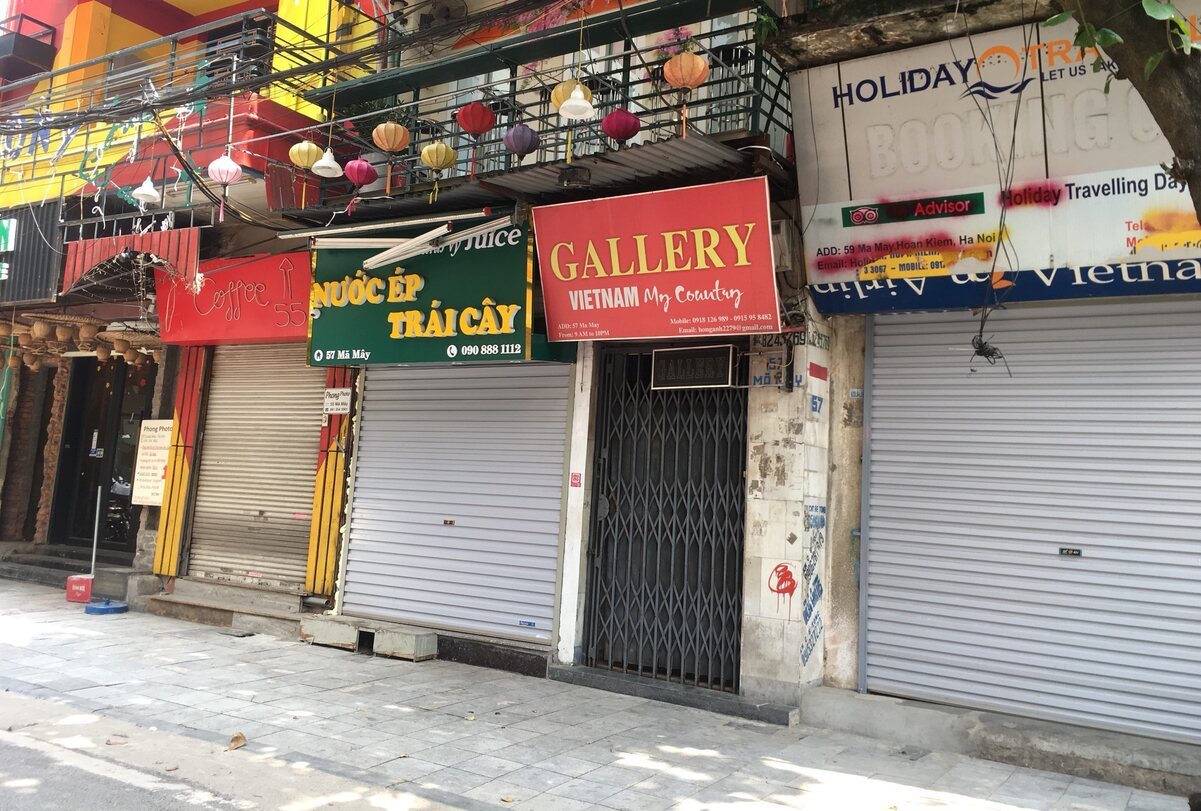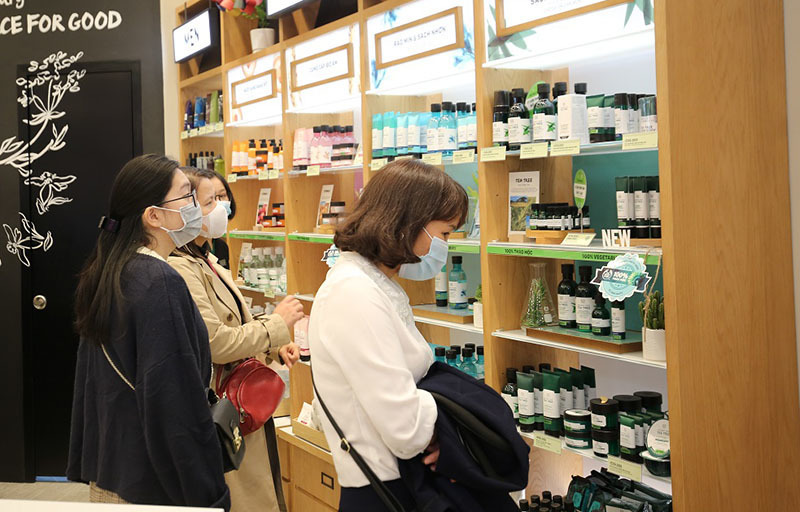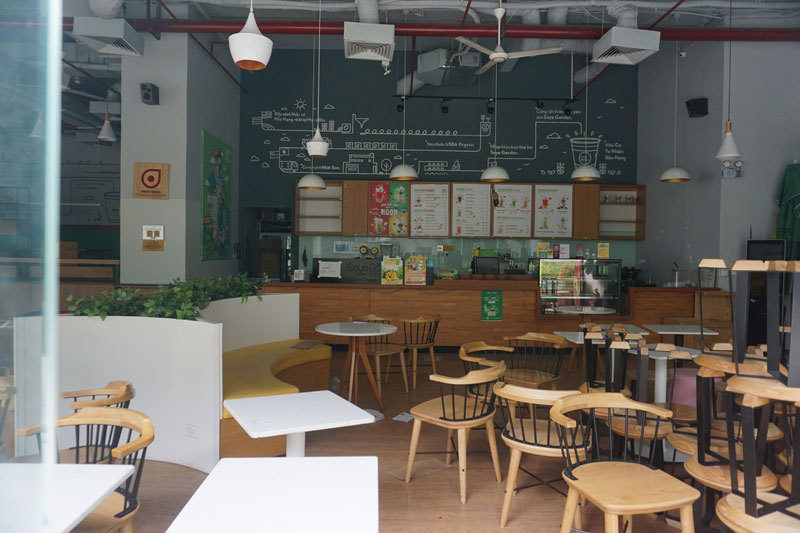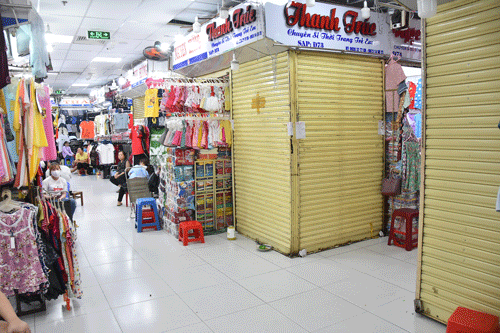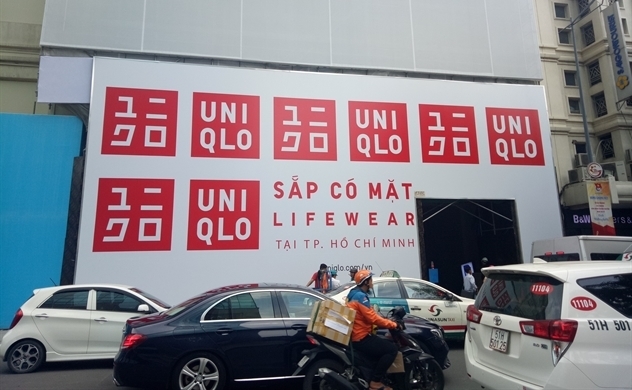- © Copyright of Vietnamnet Global.
- Tel: 024 3772 7988 Fax: (024) 37722734
- Email: [email protected]
retail premises
Update news retail premises
Despite sharp rental falls, retail premises in HCM City still left idle
Though landlords have lowered rental and offer unprecedented preferences, many still cannot find tenants. Even retail premises in the central business districts remain idle.
Retail premises left idle, landlords struggle to find tenants
Business activities are cooling as consumers have had to tighten their purse strings, with some vendors setting up business on wide sidewalks in HCM City.
How many supermarkets are in Hanoi, HCM City?
In some localities in the country, no new supermarket has been set up over the last seven years.
Retailers leave apartment buildings, shophouses close
Many retailers have left apartment buildings where they had done business for years. Some shophouses on the first floor of buildings are deserted and dark in Hanoi at night.
Villa rent plummets, villa owners told to pay tax
The income of the owners of villas and street-front houses has dropped dramatically over the last year because of low demand. Many owners have been told to pay tax if their revenue is over VND100 million a year.
Foreign retailers make quiet landing as domestic counterparts shut down
Many shops hit hard by Covid-19 have had to close, but some foreign retailers have taken advantage of the opportunity to scale up their business in Vietnam.
Retail property market saw many changes in 2020 due to pandemic: Savills
The COVID-19 pandemic caused retail revenue to drop sharply in 2020, impacting the domestic retail property market, according to Savills Vietnam.
Lemon tea, bubble yogurt chains shut down in 2020
The year 2020 challenged the courage of owners of cafes and lemon tea shops who struggled to survive the pandemic, lockdowns and consumers’ fastening their purse strings.
Many real estate firms owe tax as projects die
A high number of businesses in the real estate sector are developers of 'clinically dead' projects, or projects that have disputes with clients.
Hanoi retail market: Landlords reshuffle tenant mixes
Landlords need to be more open to different kinds of tenants to meet the actual requirements.
Retail spaces left empty as shops go online
Although Vietnam has managed to effectively contain the Covid-19 outbreak, many unsuccessful shops have shut down, as retailers have opted to go online to reduce operation costs, with the trend expected to grow further in the coming time.
Businesses in HCM City's central business districts are idle as demand is weak
 Many streetfront buildings in large cities that house shops that were busy in the past are idle because business activities have declined due to Covid-19.
Many streetfront buildings in large cities that house shops that were busy in the past are idle because business activities have declined due to Covid-19.
More streetfront houses up for sale in HCMC center
 More landlords want to sell townhouses after Covid-19, which has caused prices of houses in inner HCM City to slightly decrease in the second quarter.
More landlords want to sell townhouses after Covid-19, which has caused prices of houses in inner HCM City to slightly decrease in the second quarter.
Chain business models under spotlight after Egroup woes
 Locally-invested private firm Egroup, primarily involved in education and tech, has been bogged down in difficulties due to its heavy investment into two businesses in Vietnam, which are also facing passive losses.
Locally-invested private firm Egroup, primarily involved in education and tech, has been bogged down in difficulties due to its heavy investment into two businesses in Vietnam, which are also facing passive losses.
Retailers say rent for retail premised are too expensive
 Chair of the Vietnam Retail Association (VRA) Vu Thi Hau, at a recently held event, complained about the suffering borne by Vietnamese retailers.
Chair of the Vietnam Retail Association (VRA) Vu Thi Hau, at a recently held event, complained about the suffering borne by Vietnamese retailers.
Business rents on the decrease
 Many realtors have slashed retail premises rent by 20-40 percent to help tenants survive Covid-19, which is damaging the economy.
Many realtors have slashed retail premises rent by 20-40 percent to help tenants survive Covid-19, which is damaging the economy.
Vietnamese businesses, landlords lean on each other to survive epidemic
 Many shopping malls and landlords have accepted to lower retail premises rent or exempt rent to help tenants overcome difficulties at this time.
Many shopping malls and landlords have accepted to lower retail premises rent or exempt rent to help tenants overcome difficulties at this time.
HCM City: Retail premises rent declines as beer shops shut down
 Businesses now have bigger choices for retail premises as the rent has decreased significantly.
Businesses now have bigger choices for retail premises as the rent has decreased significantly.
Land prices escalate in some localities, ‘bogus’ projects break out
 The real estate market was lackluster last year. The land fever in early 2019 was followed by a sharp decline in supply and the number of transactions.
The real estate market was lackluster last year. The land fever in early 2019 was followed by a sharp decline in supply and the number of transactions.
Vietnam attracts foreign fast-fashion brands
 Zara’s revenue reached VND1.7 trillion in 2018, six times higher than 2016 thanks to the Vietnamese people’s preference for fast fashion styles.
Zara’s revenue reached VND1.7 trillion in 2018, six times higher than 2016 thanks to the Vietnamese people’s preference for fast fashion styles.
